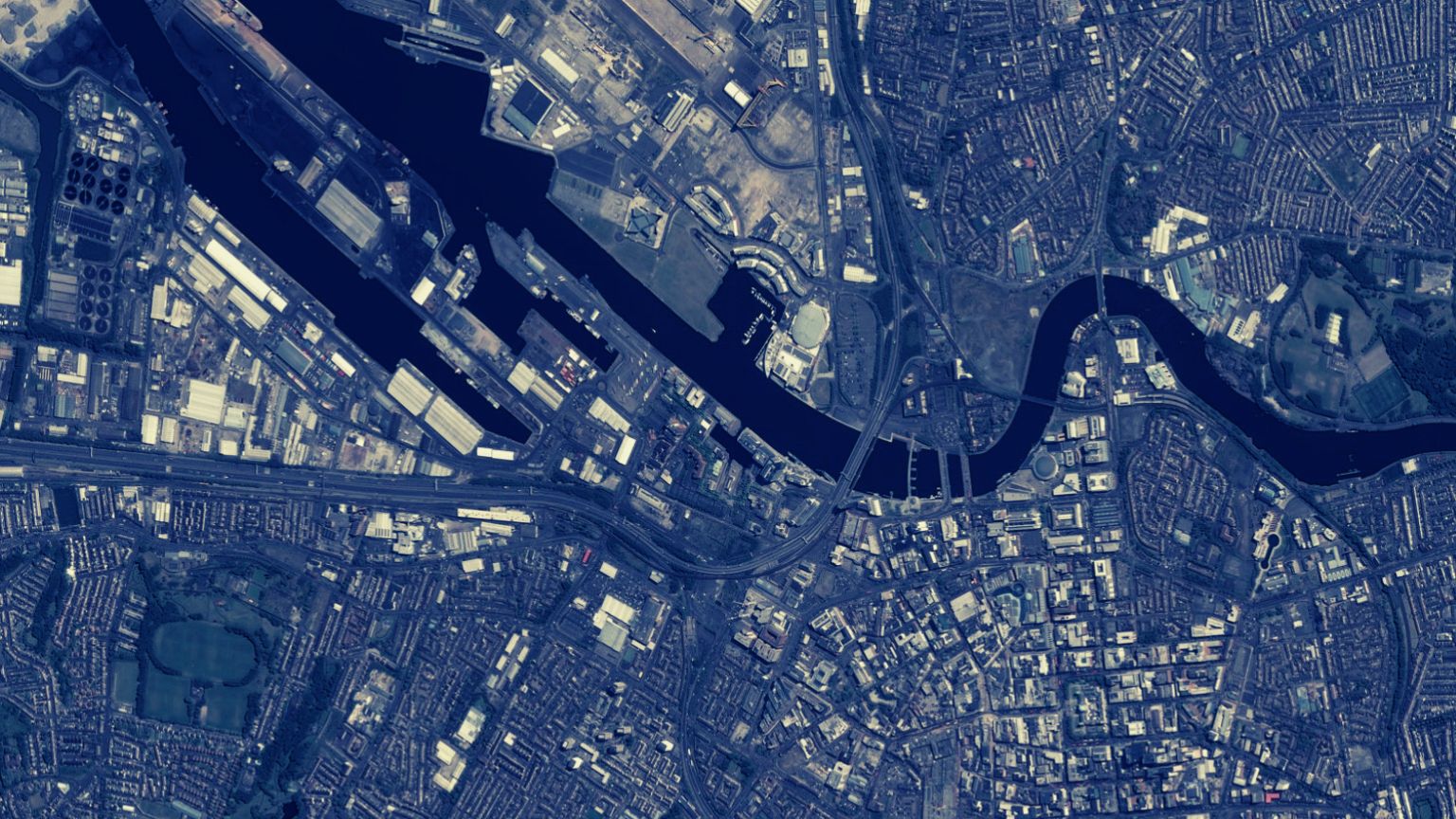The UK government has published its Geospatial Strategy 2030, an update to the one unveiled a decade ago – and the focus now is on “unlocking the power of location data,” as well as surveillance of population movements.
The document, prepared by the Department for Science, Innovation and Technology’s Geospatial Commission, set up five years ago, claims that the implementation of the new strategy will “unlock” billions of pounds via “location-powered innovation,” thanks to using AI, satellite imaging and real time data.
Those behind the strategy are selling it as a way to better public services, create higher-paying jobs, and spur economic growth.
And to get there from here, the government proposes moving in three main directions: allowing technology to speed up what it calls geospatial innovation, push for more use of geospatial applications in the economy, and, as “mission 3” – “build confidence in the future geospatial ecosystem.”
First up, slated to be done by 2025, is a review of the Public Sector Geospatial Agreement (PSGA), which is described as the largest investment of the public sector in location data.
The same deadline is set for the National Underground Asset Register (NUAR) to become fully operational, the strategy revealed.
And what’s an example of a time when location-based insights turned out to be particularly valuable? Commission chairman Sir Bernard Silverman has the answer: during the pandemic, when outbreak tracking was allegedly of “critical” importance in making relevant public health decisions.
And going forward – this same type of insights will be again highly useful regarding climate change, energy security and economic growth, said Silverman.
By the end of this year, a report is expected to detail how location data can be utilized in the healthcare sector, while in addition to those areas already set in the new document, other potential targets include increasing the number of electric vehicle charge-points, and connected and automated mobility, among others.
The strategy explains that the plans laid out here represent a continuation of existing activities, now seeking to scale and ensure more investment.
The document also states that the Commission that produced it focuses on “innovation” and growing the geospatial ecosystem – “with initial targeted initiatives on remote sensing and population movement data.”








